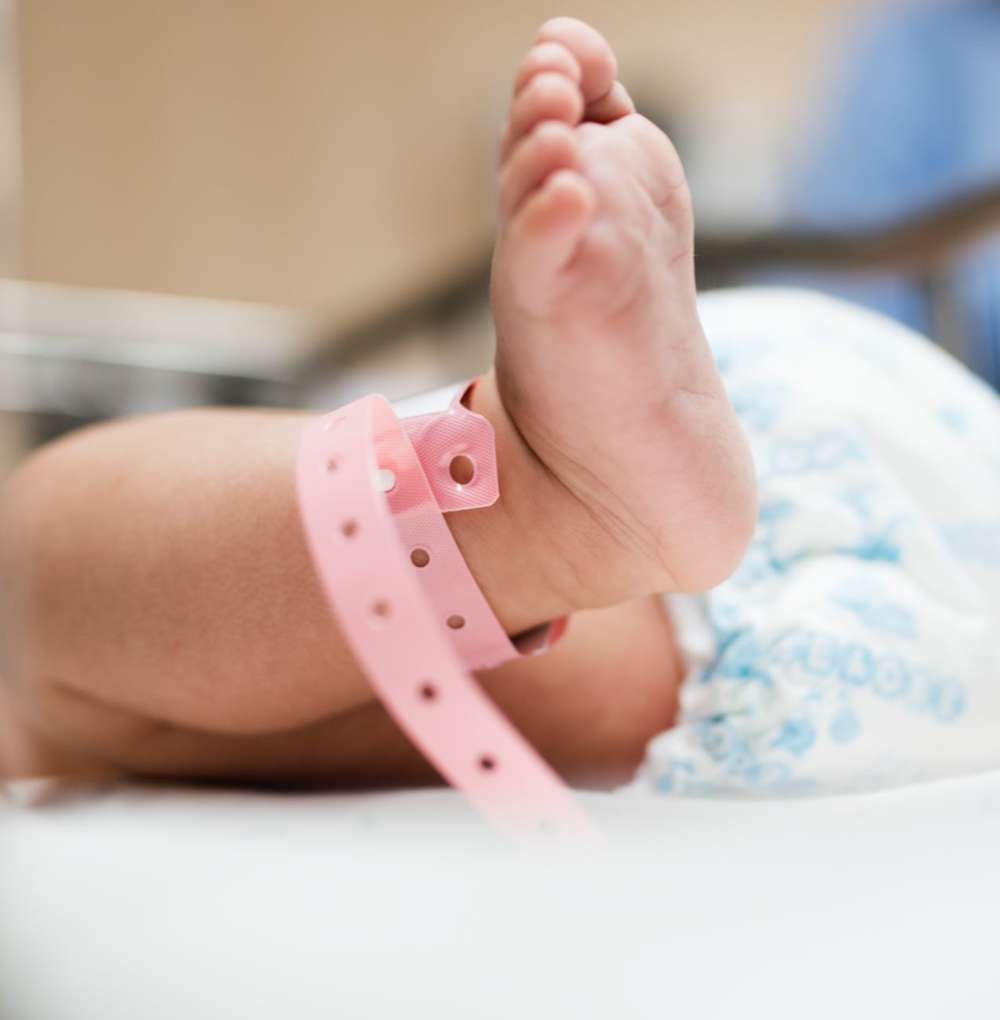New York/Geneva: First ever stillbirth estimates jointly released by UNICEF, the World Health Organization (WHO), the World Bank Group and the Population Division of the United Nations Department of Economic and Social Affairs reveal that one stillbirth occurs every 16 seconds and almost 2 million babies are stillborn every year.
Low- and lower-middle-income countries record the highest number of stillbirths i.e. 84 per cent. A report entitled, A Neglected Tragedy: The Global Burden of Stillbirths concluded. According to the report, a baby born with no signs of life at 28 weeks of pregnancy or more is called as stillborn.
The press release issued by UNICEF quoted Henrietta Fore, UNICEF Executive Director as saying, “Every 16 seconds, a mother somewhere will suffer the unspeakable tragedy of stillbirth. Beyond the loss of life, the psychological and financial costs for women, families and societies are severe and long lasting. For many of these mothers, it simply didn’t have to be this way. A majority of stillbirths could have been prevented with high quality monitoring, proper antenatal care and a skilled birth attendant.”
Warning that the COVID-19 pandemic could worsen the global number of stillbirths, the report noted that a 50 per cent reduction in health services due to the pandemic could cause nearly 200,000 additional stillbirths over a 12-month period in 117 low- and middle-income countries.
The report observed that majority of stillbirths occurred due to poor quality of care during pregnancy and birth and lack of investments in antenatal and intrapartum services.
It was found that over 40 per cent of stillbirths occur during labour. This could be avoided with access to a trained health worker at childbirth and timely emergency obstetric care.
Dr. Tedros Adhanom Ghebreyesus, WHO Director-General stressed the need to reinforce and maintain essential health services and to increase investment in nurses and midwives.
Muhammad Ali Pate, Global Director for Health, Nutrition and Population at the World Bank and Director of the Global Financing Facility for Women, Children and Adolescents pointed out that COVID-19 has triggered a devastating secondary health crisis for women, children and adolescents due to disruptions in life-saving health services.

